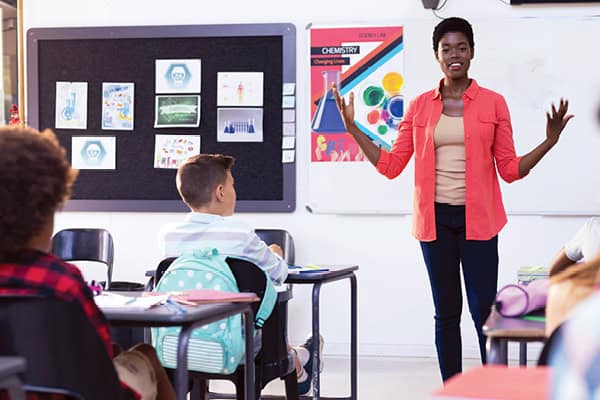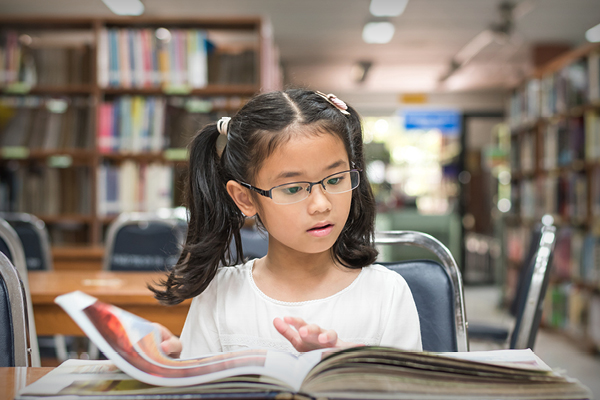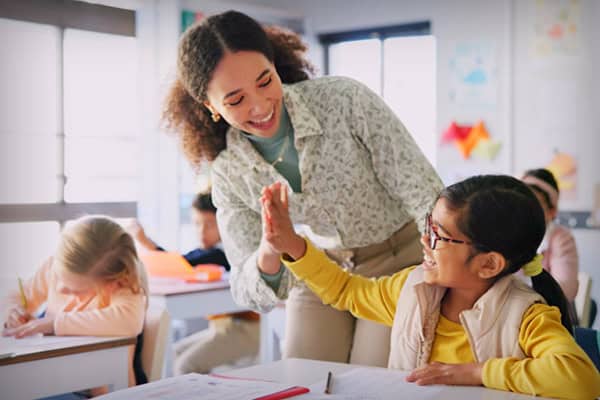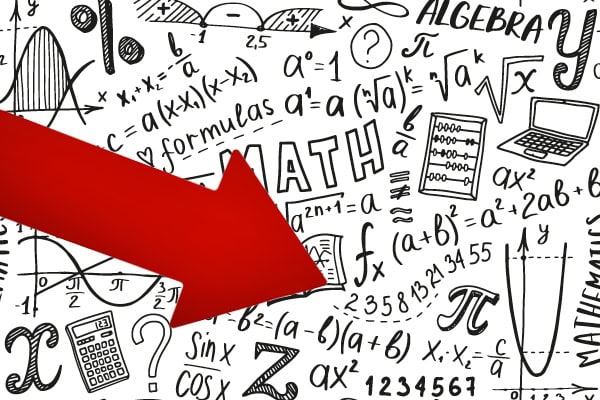Teacher observations should be a matter of support rather than judgment between teacher and principal, according to many educators writing in Education Week’s Opinion pages. Here’s how to deliver that support through observations:
1) Lead with enthusiasm. More than professional development, more than goal-setting and professional standards, my principal cheered me on with just one word, “Wow!” wrote English teacher Kelly Scott in her 2022 essay “The Most Important Thing Principals Can Do in a Teacher Observation.”
2) Be intentional about goals. In “How You Deliver Professional Learning Says a Lot About You,” Atlanta assistant principal NaTasha Woodey-Wideman urges principals to be intentional about the goals of a specific professional learning effort and then use teacher observations in service of those goals.
4) Put an emphasis on learning. “We tend to forget that teachers are also learners,” says Woodley-Wideman.
5) “Never forget you are a teacher,” she reminds senior leaders. “Your classroom is that entire building.
6) Don’t take a box-checking approach to teacher observations. “It is often seen as a process to get done … instead of a process to get done right,” says principal-turned-leadership-coach and Opinion blogger Peter DeWitt. A call to action has been echoed by other educators, including in David Edelman’s “Teacher Evaluation That Goes Beyond Check Boxes.”
7) Structure the process less like distant evaluators and more like instructional coaches, DeWitt proposes.
8) Make use of informal collaborations. Edelman recalls the most helpful post-observation feedback from his years in the classroom was with a principal who engaged deeply with Edelman’s instructional practice rather than merely handing out a rating.
9) Don’t ignore the emotional vulnerability of the teachers being observed. “It’s not just our professional competence that’s wrapped up in an observation, but a sense of our worth as human beings,” writes Justin Minkel in his blog’s appraisal of the observation process
Observations could be made more personal through AI in the future. Drawing on their work designing a natural-language-processing tool to provide teachers immediate feedback after a lesson, researchers Jing Liu, Dora Demszky, and Heather C. Hill envision “a world where we could harness the power of AI to provide teachers with automated, valuable feedback.”
That world shouldn’t come at the expense of interpersonal relationships in schools but rather work in service of building even stronger ones, they argue in “AI Can Make Education More Personal (Yes, Really).”
Education Week





